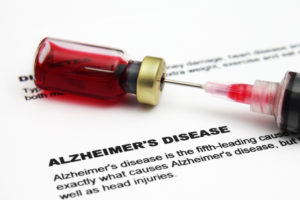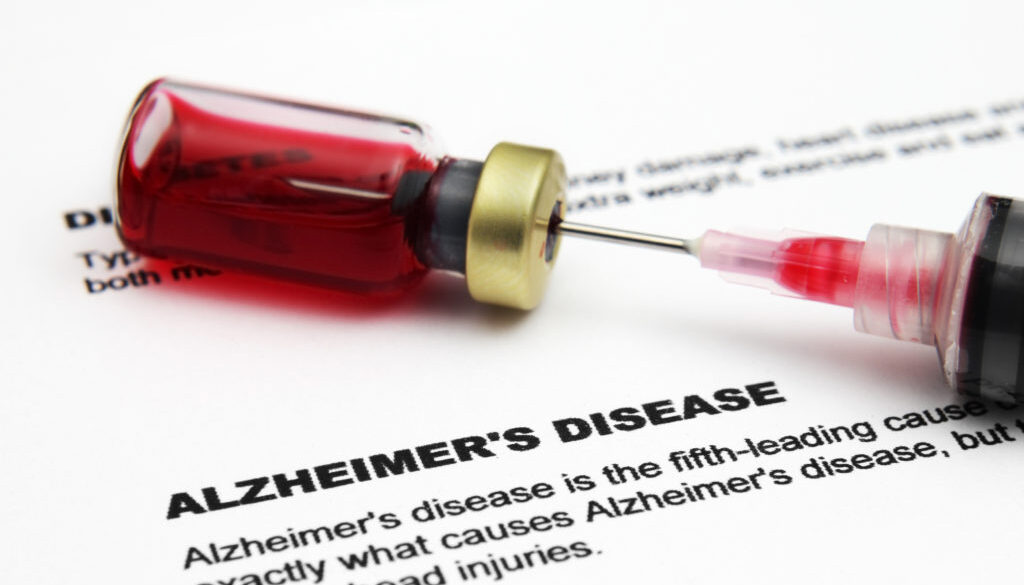Alzheimer’s, New Hope for Prevention and Reversal
By Freya Oostingh

Alzheimer’s and hope are two words you seldom see together. According to the Alzheimer’s Association, “Alzheimer’s is the 6th leading cause of death and the only cause of death among the top 10 that cannot be prevented, cured or even slowed.” It is estimated that by 2050, ONE HALF of adults over the age of 65 will have been diagnosed with Alzheimer’s. The cost to our healthcare system is astronomical. Billions of dollars have been spent by pharmaceutical companies on research to create an effective medication, without success.
The medications currently in use have only limited, short term benefits. From the standpoint of the medical paradigm of diagnosis and prescription medication treatment, we are not moving closer to a solution.
Amidst all these gloomy statistics, many people are not aware that Alzheimer’s, and especially its precursors MCI (mild cognitive impairment) and SCI (subjective cognitive impairment), are already being reversed and that we now have a very good understanding of how they can be prevented. In 2014, Dr. Dale Bredesen published a landmark study “Reversal of cognitive decline: A novel therapeutic program” in which he documented the reversal of Alzheimer’s and MCI in 9 out of 10 patients using an individualized approach. Dr. Bredesen has been researching Alzheimer’s at UCLA for 30 years, focused initially on finding a pharmaceutical cure. His research led him to understand Alzheimer’s as a protective response by the body to three different threats – inflammation, suboptimal nutrient and/or hormonal levels and toxic or infectious exposures. In many cases, it is a combination of the three. By determining the root factors at play for each individual and addressing them, he was able to resolve the underlying pathology and reverse the disease process. The earlier along the spectrum treatment commences, the better the outcome. During the course of his research, Dr. Bredesen shifted his approach from the prevailing medical model that breaks the body down into areas of specialization toward a holistic or functional paradigm, which views the body as a complex, interconnected system, that has an innate ability to heal itself once the root causes of the dysfunction are discovered and addressed. Since the release of his book, The End of Alzheimer’s, Dr. Bredesen has been training Functional Practitioners, myself included, in his RECODE program. His multi-pronged approach is rooted in modifiable lifestyle factors, starting with our diet.
While the program has seen remarkable success, the greatest hope lies in the growing evidence that cognitive decline can be combatted. The power to avert these diseases and restore health lies largely in our own hands through the choices we make, intentional or not, on a daily basis. Prevention requires the responsibility to educate ourselves, change destructive habits, and live in a health-supportive manner.
How can you start? By focusing on eating nutritious food that contains the nutrients our bodies require for structure and function. Embracing a nutrient dense whole food, plant-based, low carbohydrate diet that is rich in beneficial fats will have the most significant impact on your overall health, including that of your brain. It’s time to fully recognize that the Standard American Diet is detrimental to our health. As a culture, we have exchanged our health for convenience. Processed foods, sugar and excessive carbohydrates are inflammatory, toxic to our bodies and implicated in the genesis of every one of the top causes of death. In particular, mounting evidence links sugar consumption to an increased risk for dementia. High blood sugar, insulin resistance and diabetes dramatically increase the risk for dementia to the extent that Alzheimer’s is now termed Type 3 diabetes. The Lowfat Era, which encouraged the removal of brain healthy fats from our diet and their replacement by sugars, has led to an epidemic of chronic disease.
Maintaining brain health should be a priority for all of us. Side effects of dietary modifications to support your brain can include weight loss, reduction in overall inflammation and improved mood and energy levels. Hope lies in taking ownership of our health!
Freya Oostingh is a nutritional therapy practitioner. She sees clients individually at her office and runs group nutrition and detox programs at Building7 Yoga. Connect with her at Guts and Glory Wellness Expo 2018 and check out this website for more information: www.bio-logicnutrition.com



